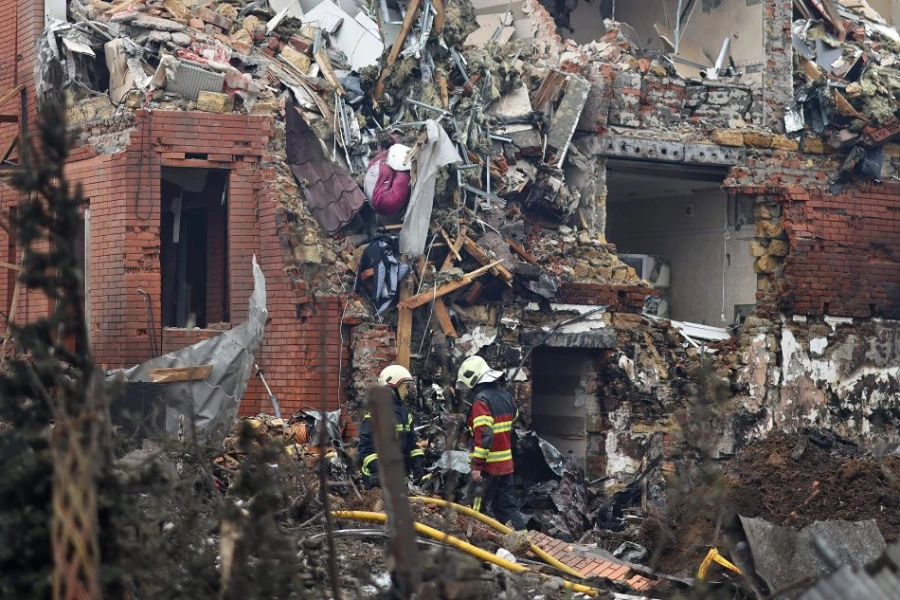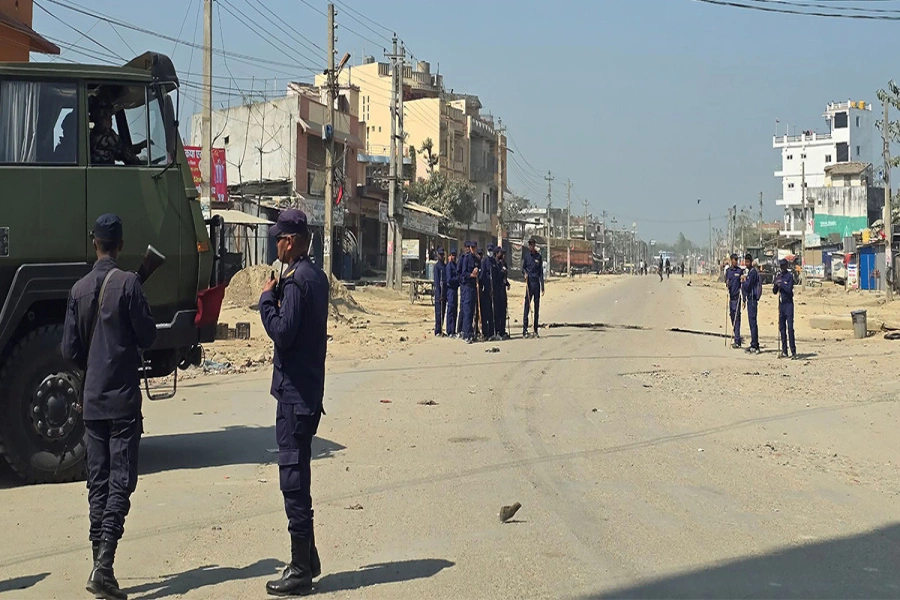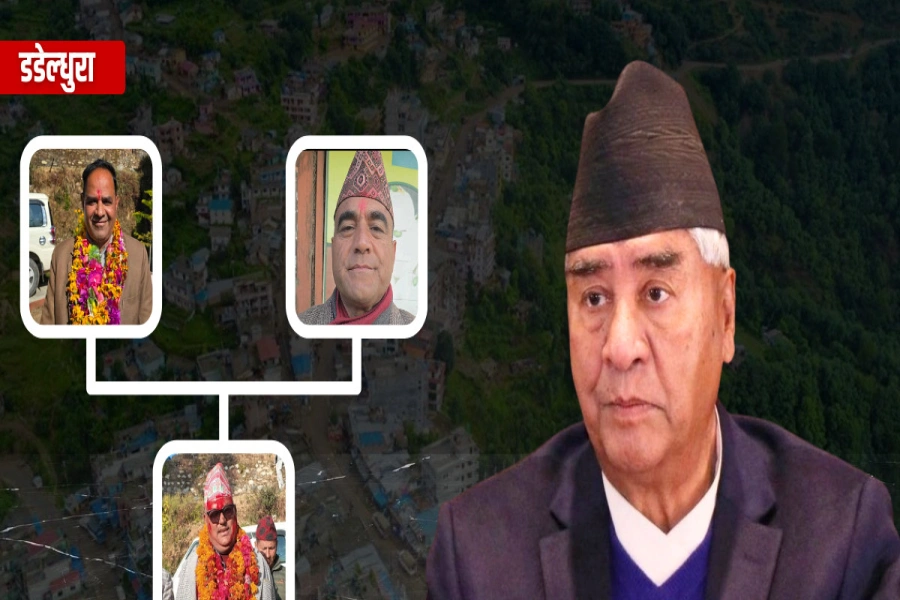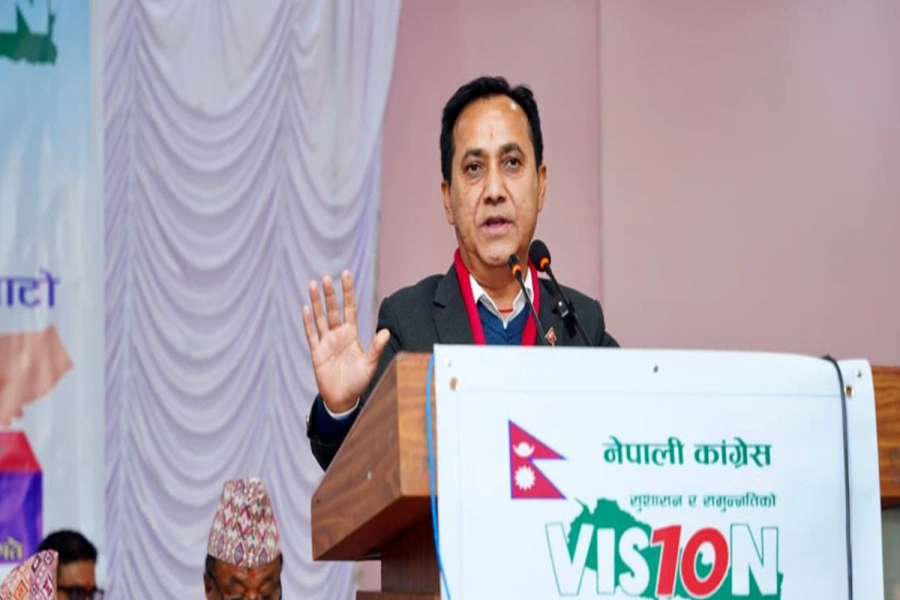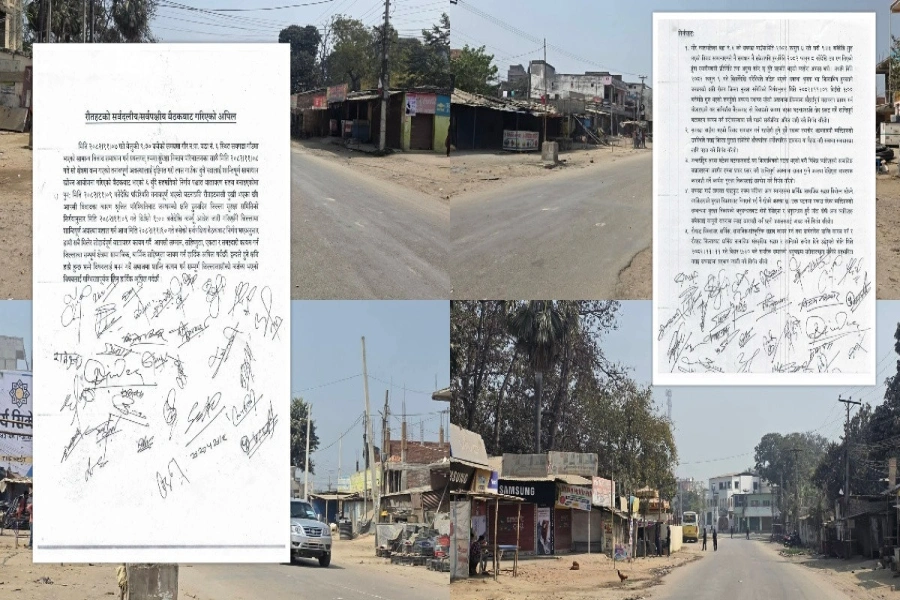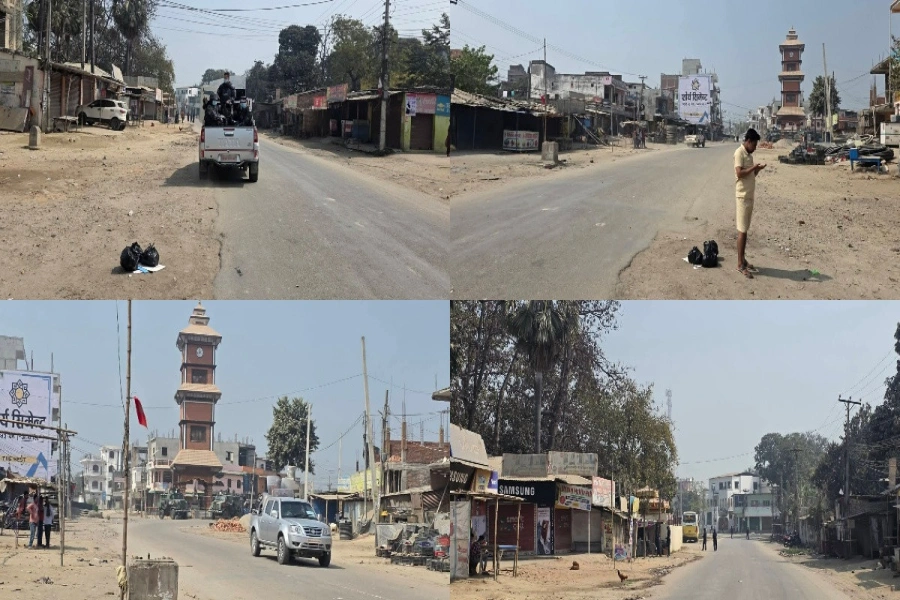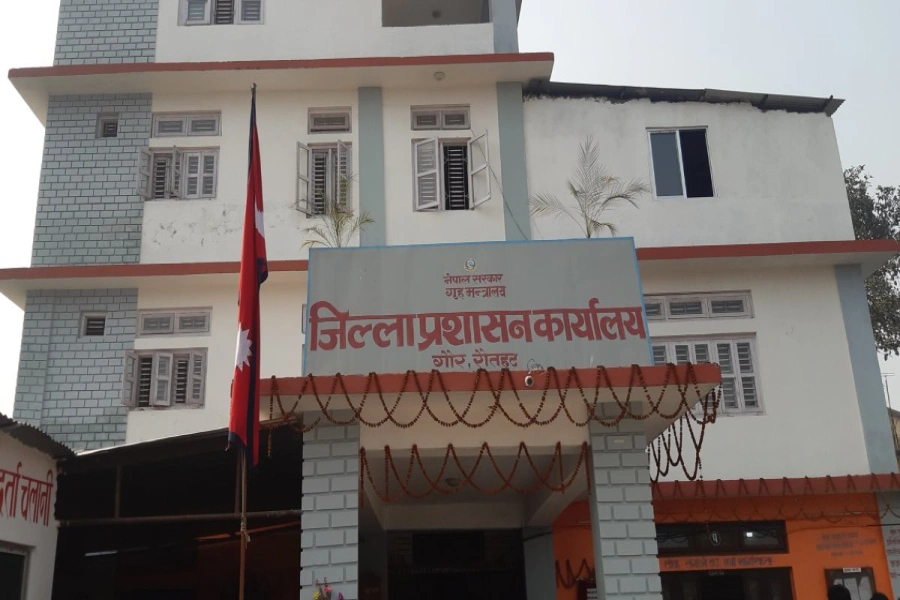Even the world’s most stable democracies of late have been infected by strongmania
Political strongmen are back in style. Not long ago, Russian President Vladimir Putin was one of the only leaders worthy of the label. Today, he has much more competition. The trend can be seen in traditionally autocratic regimes. Chinese President Xi Jinping is arguably the country’s most powerful leader since the death of Mao Zedong four decades ago.
But something similar can be seen in countries that had been touted as model young democracies. In Turkey, President Recep Tayyip Erdoğan, who had long been moving toward autocracy, has concentrated power further in the wake of last month’s failed military coup. Hungarian Prime Minister Viktor Orbán has reversed a post-communist success story with a sharp turn toward illiberalism. Even in the Philippines, where the People Power Revolution overthrew Ferdinand Marcos in 1986, voters have just elected as their president Rodrigo Duterte, an avowed populist strongman and trigger-happy warrior against drug lords.
Even the world’s most stable democracies have been infected by strongmania. In Austria, Norbert Hofer, leader of the far-right Freedom Party, is likely to be elected to the presidency in October. And in the United States, Donald Trump has capitalized on the frustration and prejudices of parts of the American electorate to gain a chance—fortunately, weakening by the day—of becoming the country’s next president.
This embrace of leaders who promise that they alone can fix society’s problems and restore some idealized past reflects widespread ignorance of the nature and consequences of populist rule. In fact, history has not been kind to such rulers. Like today’s leaders, they would often ride to power on a wave of public anger against the perceived failures of democracy—failures that they had no intention of fixing. Instead, once in office, they would often pursue an entirely different agenda—one that usually made things much worse.
One need look no further than Venezuela, where today’s economic meltdown can be traced back to the disastrous rule of populist par excellence Hugo Chávez. People loved Chávez’s social-welfare schemes, seemingly unconcerned that they were based on oil revenues and foreign debt. As long as the benefits flowed, Chávez was free to expropriate industries and otherwise discourage private competition. Unsurprisingly, economic diversification stalled, and when oil prices collapsed, so did the economy.
This highlights a key reason why strongmen nearly always lead their countries toward catastrophe. After winning over voters with their apparent decisiveness and directness, such leaders capture enough authority to make quick decisions and demonstrate short-term results—thereby keeping voters on their side as they claim still greater authority.
But decisiveness carries a high cost. With nobody checking their behavior, strongmen rarely account for long-term risks. In the end, the prosperity they promised never arrives, at least not for long. Instead, the economy usually ends up in ruins.
And that’s not the worst of it. Voters surrender freedoms for that promised prosperity, as Russia under Putin illustrates. Putin promised stability and order, and consolidated his power by taking down his political opponents, liberals and oligarchs alike. Then he began methodically destroying Russia’s fragile democratic institutions, stifling the press, and curtailing civil liberties, including freedom of assembly. Less than a decade later, he had erected a personal autocratic regime on the ruins of a flawed new democracy. And, as in Venezuela, the absence of economic modernization and diversification tied the economy’s fate to the global oil market.
The ability to criticize the government freely is the core difference between democracy and dictatorship. So how can anyone believe that a leader who curtails people’s right to speak out can save a flawed democracy? In fact, the combination of freedom of expression and electoral competition is the key to improving democracies, because it enables systemic failures—not to mention leaders’ missteps—to be subjected to public scrutiny.
China’s autocratic government is famous for avoiding such scrutiny by suppressing freedom of information. Its many elements of Internet censorship—from blocking politically sensitive Wikipedia articles to filtering certain key words out of online searches—come together to form the so-called Great Firewall of China. That firewall, together with press censorship, enables China’s leaders to conceal their failures and highlight their achievements, however dubious.
Putin behaves similarly, using the press to emphasize, say, how Russia’s annexation of Crimea has reminded the country’s Western opponents of its “greatness.” Orbán and Erdoğan seem to be operating from the same playbook.
Moreover, like China, Russia has embraced extravagant spectacles like the Olympic Games, in an effort to showcase the country’s magnificence and the beneficence of its leaders. Coverage of such events fills the media space that should be used to discuss serious governance issues.
If that were not enough to convince voters of the dangers posed by populist autocrats, one might also consider the human toll of living under their rule. Perhaps the dozens of journalists who have been arrested in Turkey since the coup attempt, or the families of Putin’s many opponents who have ended up dead, could provide some insight into the cost of living in constant fear of the government.
The growing popularity of strongmen in much of the world may or may not herald the dawn of a new autocratic age. Strongmen tend to self-destruct, owing to colossal mistakes that doom their grandiose ambitions. Unfortunately, they tend to leave a severely compromised democracy and a derelict economy in their wake.
Ultimately, the best defense against such outcomes is to prevent populist autocrats from getting elected in the first place. Countries that have elected such leaders should stand as a warning to others tempted to go down a similar path.
Why ?

The author is Professor of Government at Claremont McKenna College and a non-resident senior fellow at the German Marshall Fund of the United States.



